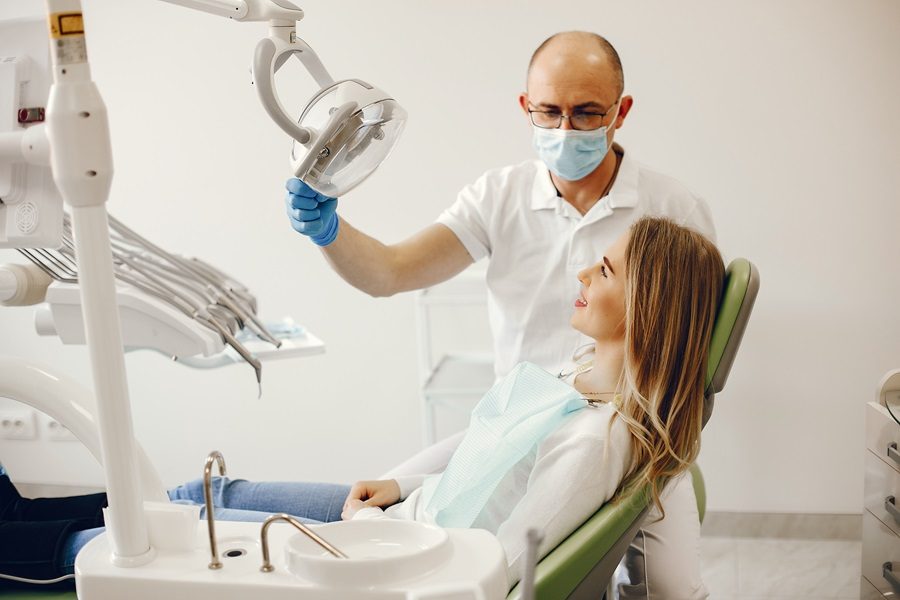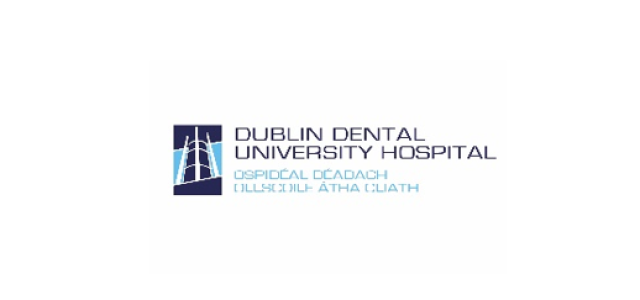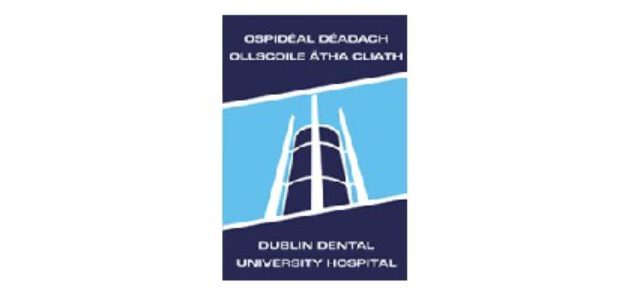Development of a Quality and Safety Management System and Ongoing Support for Dublin Dental University Hospital

“Over the years, HCI has expertly supported Dublin Dental University Hospital in implementing a best practice Quality and Safety Management System. HCI’s in-depth guidance covered all stages of development, implementation, and now ongoing support to embed the QSMS. HCI’s Specialists are extremely professional and have a great understanding of how to apply the National Standards into practice. We were originally a paper-based organisation but the implementation of HCI KnowledgeTM, Quality Management Information System, marked a significant digital transformation of our quality and safety processes. HCI is instrumental in providing continuous support and expert advice, encouraging our staff to embrace the new digital processes. Partnering with HCI and having their independent support provides us with reassurance that we are continuously improving the quality and safety of our service.”

David Barry
CEO, Dublin Dental University Hospital
Background
Dublin Dental University Hospital (DDUH), is a centre of excellence in the delivery of dental care to patients. They are a major dental teaching hospital, training postgraduate and undergraduate dental students, student dental nurses, dental technicians, and dental hygienists.
To fulfil, the National Standards for Safer Better Healthcare, and best practice in general, DDUH recognised the need for independent quality and safety support to implement and embed a comprehensive Quality and Safety Management System (QSMS). Consequently, they requested HCI to provide a support in the development of a best practice QSMS. DDUH also required a solution that would digitally transform their quality and safety processes. This was achieved through the implementation of a Quality Management Information System (QMIS) utilising HCI KnowledgeTM.
Objectives
- Develop a comprehensive, best practice Quality and Safety Management System, in line with, and to fulfill the National Standards for Safer Better Healthcare.
- Review the Governance Structures and develop the related Governance and Leadership documentation.
- Provide independent oversight of the QSMS.
- Provide monthly Quality and Safety Support and Education.
- Implement a best practice QMIS for the management of documents, risks, assets, incidents, complaints, audits, and quality Improvement plans (QIPs).
- Communicate, educate and roll-out the QMIS to all relevant departments within the organisation.
- Provide a QMIS administration service to keep the system up-to-date and in line with best practice.
- Provide a QMIS Support Help Desk for staff to help maximise usage of the QMIS and embed the system within DDUH.
Solution
In order to ensure DDUH embed a best practice QSMS, HCI provided the following solution:
Dedicated Quality and Safety Specialist.
Development of Project Plan.
Gap Analysis.
Governance Structure Review and Development.
Development of a suite of Policies and Procedures.
Development of Child Safeguarding Statement and Supporting Documentation.
Implementation of Quality Improvement Opportunities.
Quality and Safety Education and Training.
Implementation of a QMIS utilising HCI KnowledgeTM
QMIS Administration and Support Helpdesk for Staff.
Risk Management Support.
Incident and Complaint Management Process Support.
Support in transferring PPGs to a new template.
Best Practice Expertise and Support including Regulatory Updates.
Quarterly Quality and Safety Review Meetings.
Challenge
- DDUH originally utilised paper-based systems, which meant the implementation of the QMIS required extensive restructuring of processes and engagement with users to ensure buy-in and adoption of the system.
- Project was disrupted due to COVID-19.
Outcome
Dublin Dental University Hospital has successfully developed and embedded a Quality and Safety Management System, in line with the National Standards for Safer Better Healthcare. HCI’s Quality and Safety team continue to provide quality and safety support to DDUH, through regular education sessions, incident management support and regulatory advice and guidance. Independent oversight of the QSMS is maintaining through HCI’s Quarterly Reviews of the QSMS. This helps to identify any gaps in care, quality assurance, risks, training needs, and opportunities for improvement.
The move from a paper-based system to an electronic QMIS has digitally transformed DDUH’s quality and safety processes. Staff can easily access and acknowledge policies and procedures, incidents can be easily logged and Senior Management have a governance tool to access real time data analytics on the QMIS. HCI also provide ongoing hosting, administration, and support of the QMIS, which helps to maintain the QMIS in line with best practice, ensuring it is utilised to maximum potential, and embedded within the organisation.
Overall, HCI’s Quality and Safety Support provides independent quality assurance for the safety of the service at DDUH and helps to drive continuous quality improvement.
Benefits
- Develop, implement and embed a best practice QSMS which promotes a culture of safety and quality improvement.
- HCI has extensive regulatory, quality and safety and regulatory knowledge, which is transferred to staff during the project.
- The ongoing quality and safety support reduces pressure on internal resources, allowing staff to focus on their duties.
- HCI have extensive knowledge and experience on best practices for customising and implementing a QMIS in health and social care organisations.
- The QMIS reduces the reliance on paper-based systems, which helps to streamline quality and safety processes and enhance efficiencies.
- The QMIS is a centralised system for the effective management of policies and procedures, risks, incidents, complaints, audits and QIPs.
- QualSIP provides, real time quality and safety data which Senior Managers can use to make informed decisions and drive quality improvements.
- Provides assurances to stakeholders about the quality of the service.
Specialist


